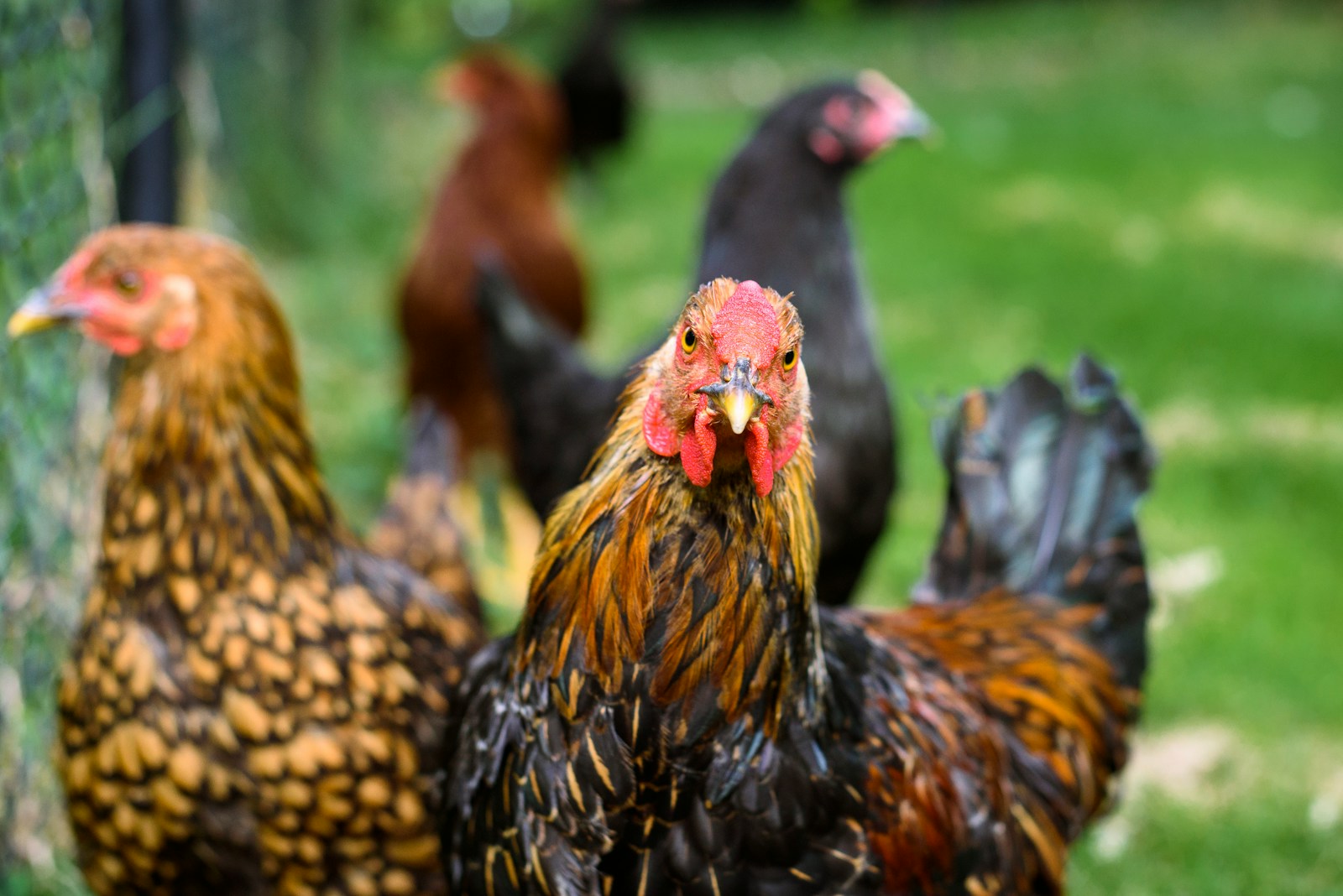Introduction: Defining Veganism
Veganism is more than a diet; it’s a lifestyle rooted in compassion, ethics, and sustainability. While many associate veganism with avoiding meat and dairy, it encompasses a broader commitment to excluding all forms of animal exploitation. Here’s a closer look at what it means to be vegan and how this lifestyle influences daily choices.
Core Principles of Veganism
1. Excluding Animal-Derived Foods
- Dietary Choices: Vegans avoid meat, fish, dairy, eggs, and honey.
- Reasons: These exclusions stem from ethical concerns for animal welfare, environmental sustainability, and personal health.
2. Avoiding Animal Products in Non-Food Items
- Clothing and Accessories: No leather, wool, silk, or down.
- Beauty and Household Products: Avoid products tested on animals or containing animal-derived ingredients like beeswax or lanolin.
3. Supporting Ethical Practices
- Vegans advocate for policies and practices that protect animals and promote sustainability, such as boycotting zoos, circuses, and animal-tested products.
Why Do People Choose Veganism?
1. Ethical Reasons
- Animal Welfare: Opposing factory farming and animal cruelty.
- Exploitation: Avoiding products that involve animal suffering or exploitation.
2. Environmental Impact
- Reducing greenhouse gas emissions, deforestation, and water usage associated with animal agriculture.
3. Health Benefits
- Lower risks of heart disease, high blood pressure, and certain cancers.
- Emphasis on whole, plant-based foods rich in nutrients and fiber.
Veganism in Daily Life
1. Food Choices
- A plant-based diet emphasizes fruits, vegetables, grains, nuts, seeds, and legumes.
- Substitutes like tofu, seitan, and plant-based milks replace traditional animal products.
2. Clothing and Fashion
- Vegan clothing brands use alternatives like faux leather, organic cotton, and recycled materials.
3. Beauty and Personal Care
- Vegan products exclude animal-derived ingredients and are cruelty-free, avoiding animal testing.
4. Advocacy and Education
- Vegans often engage in spreading awareness about animal rights and environmental issues.
Common Misconceptions About Veganism
- It’s Expensive: While specialty items can be costly, staples like beans, rice, and vegetables are affordable.
- It’s Restrictive: Vegan diets offer a wide variety of delicious, creative options.
- It’s Only About Food: Veganism extends to all aspects of life, not just diet.
Conclusion: Living a Compassionate Lifestyle
Being vegan means making intentional choices that prioritize animal welfare, sustainability, and health. It’s a commitment to reducing harm and living in alignment with ethical values. Whether through diet, clothing, or advocacy, veganism offers a way to make a positive impact on the world.



